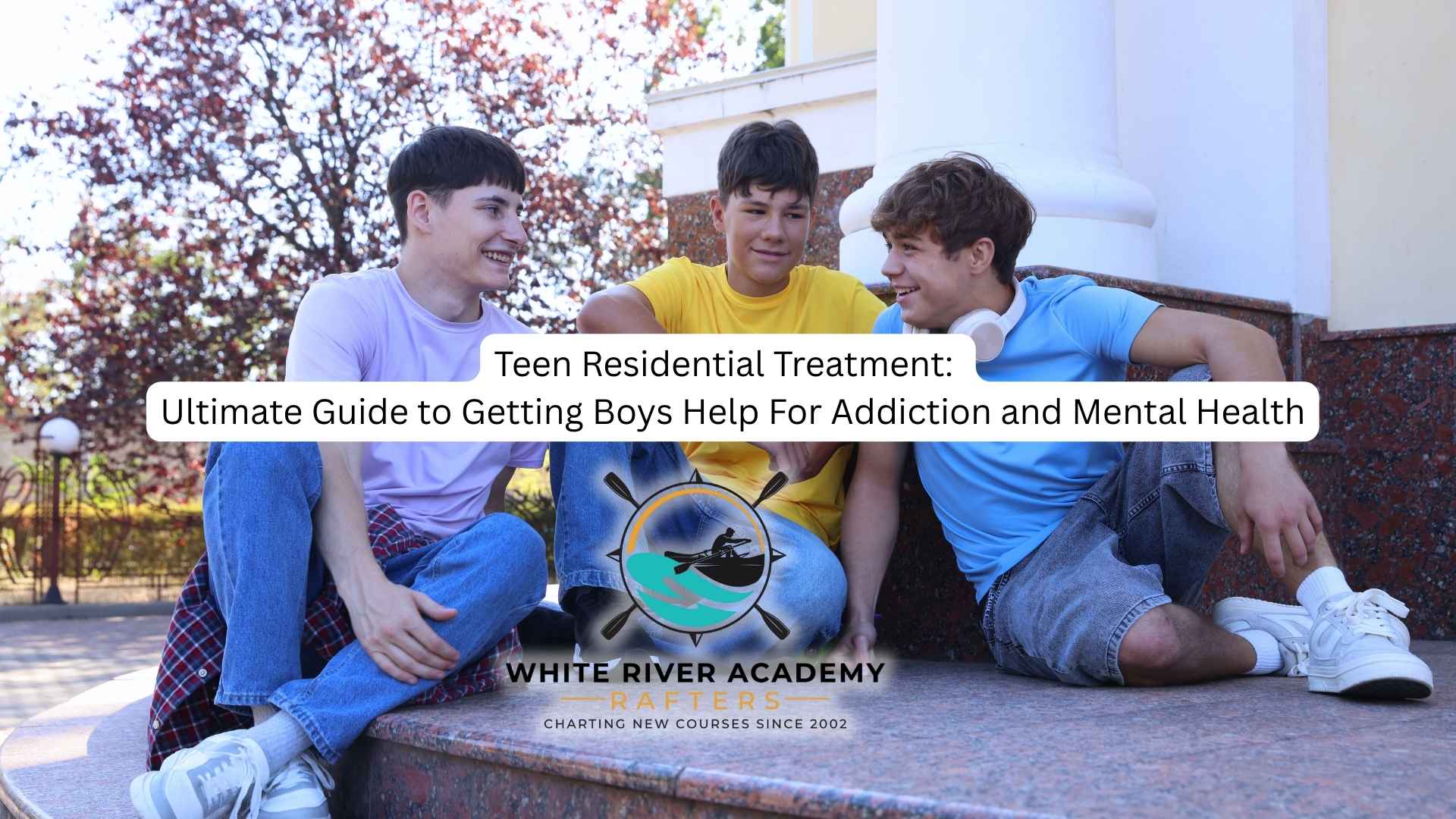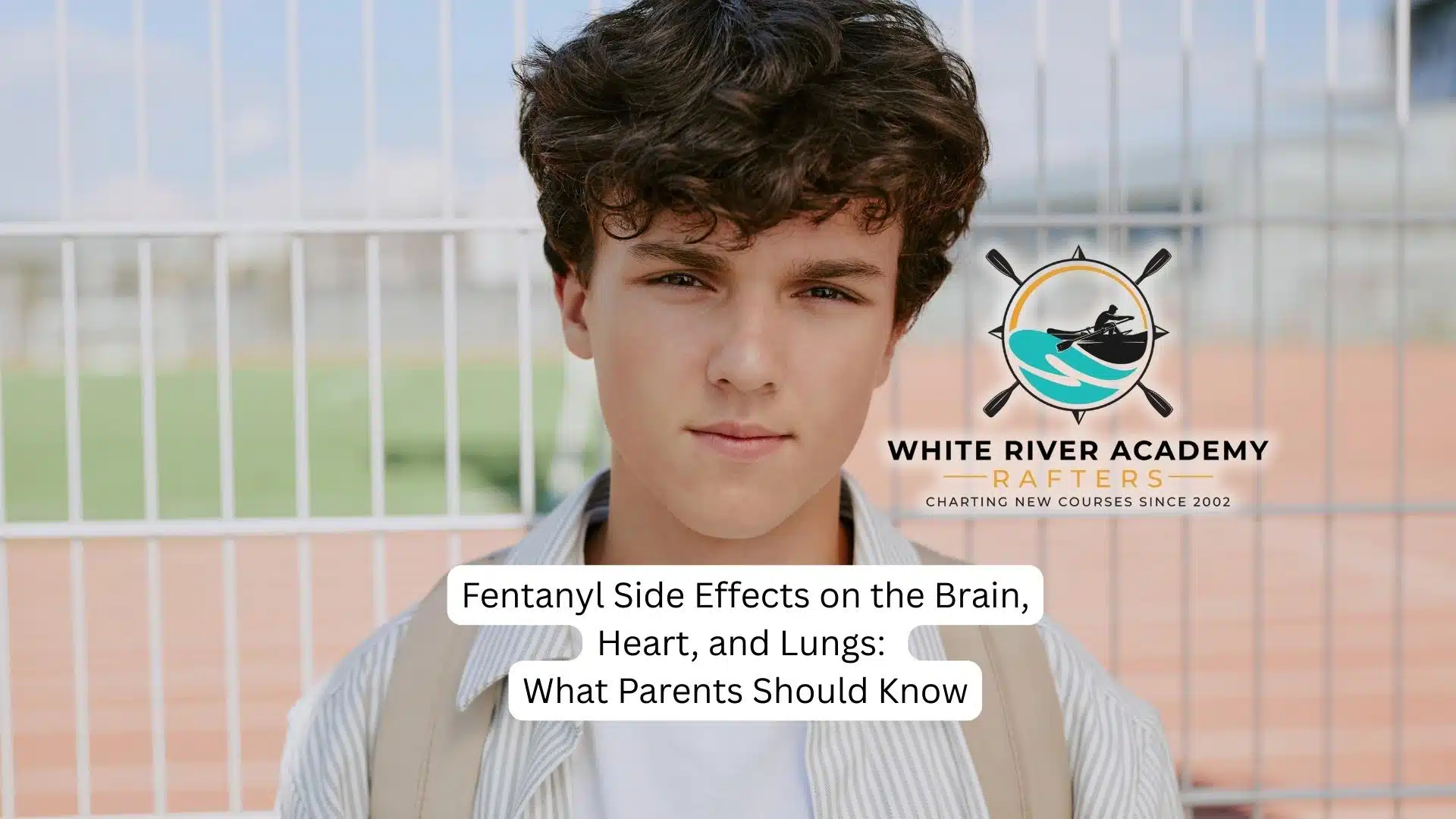Discovering that your teenager has lied can raise questions about trust, discipline, and long-term behavioral patterns. While lying is common in adolescence, it may also indicate underlying psychological, behavioral, or social stressors that warrant attention.
This article explores what lies beneath the habit, offers insight into how dishonesty relates to substance misuse and mental health struggles, and lays out practical steps for parents on how to handle this situation.
Understanding Why Teenagers Lie
Teenagers lie more frequently than other age groups as studies indicate that a significant number, around 82%, of high school and college students have lied to their parents. These lies may be outright falsehoods, omissions, or attempts to avoid confrontation. Common motivations include avoiding punishment, preserving privacy, seeking attention, or managing shame and anxiety.
In some cases, underlying mental health conditions, such as ADHD or depression, can drive dishonest behavior. Teens struggling with impulsivity or emotional dysregulation may lie reflexively, not necessarily out of intent but habit. When lying becomes compulsive, with no clear benefit, it may resemble pathological lying, which experts link to deeper psychological patterns.
How Lying is Connected to Mental Health & Substance Use
Self‑concealment, the habitual suppression of truths and negative feelings, can contribute to significant emotional and physical strain. A large body of research shows that hiding personal struggles can impair self-regulation, elevate stress levels, and increase the likelihood of anxiety and depressive symptoms. When a teenager lies repeatedly, it may reflect an attempt to manage emotional distress they haven’t yet learned to articulate.
In this context, lying becomes more than just a behavioral issue; it can be an early warning sign of deeper mental health or substance use concerns. Adolescents with trauma histories, mood disorders, or behavioral challenges face a heightened risk of experimenting with drugs or alcohol, often using deception to avoid detection. These co-occurring patterns can delay diagnosis and prevent timely intervention.
When dishonesty is paired with additional red flags, such as declining academic performance, social withdrawal, or dramatic mood changes, it may be time to seek comprehensive support. Our structured residential program for troubled teen boys in Utah, can provide a clinically informed environment where underlying issues are addressed through therapy, behavioral support, and individualized care.
Tips on How Parents Can Respond Effectively
Create Conditions That Encourage Honesty
Teens are more likely to tell the truth in environments that feel calm, consistent, and nonjudgmental. Instead of reacting strongly to a lie, focus on understanding why it happened. Ask neutral, open-ended questions like, “Can you help me understand what led up to this?”—this helps reduce defensiveness and encourages open dialogue.
Model the behavior you want to see. When parents are honest, accountable, and consistent in their own actions, teens are more likely to adopt those same habits. Here are some of the damaging parenting behaviors you should avoid.

Set Clear Boundaries and Consequences
Teens need structure to thrive, therefore, you need to be upfront about the importance of honesty and the consequences for dishonesty before issues arise. When rules are clear and consequences are fair and consistently enforced, your teen is less likely to test limits through deception.
The goal isn’t to shame, but to teach. When dishonesty occurs, explain how it affects trust and safety. Make it a learning opportunity, not just a punishment.
Support Better Communication Skills
Many teens lie because they don’t know how to express discomfort, fear, or disagreement. Helping them develop better communication tools reduces their need to hide the truth.
Teach them how to name their emotions, manage conflict respectfully, and handle uncomfortable conversations. This might involve modeling good communication at home, setting aside time for regular check-ins, or encouraging activities like journaling or therapy to build self-awareness.
Rebuild Trust Over Time
Rebuilding trust after dishonesty takes time and consistency. Focus on behavior, not promises. Acknowledge small steps toward honesty and make space for low-pressure one-on-one time, during car rides, walks, or shared meals, where open conversation can happen naturally.
Avoid dwelling on past mistakes. Instead, reinforce positive change, maintain clear expectations, and stay engaged. Trust is rebuilt through daily actions, not one-time conversations.
Final Thoughts from White River Academy
If lying becomes frequent and is accompanied by behavioral changes, such as mood instability, defiance, social withdrawal, or signs of substance use, it may indicate a more complex issue requiring professional support.
White River Academy in Holden, Utah, offers a specialized residential program for troubled adolescent boys, combining academic support, therapeutic interventions, and life skills training. Our integrated approach addresses underlying mental health conditions, substance use, and behavioral patterns—providing a stable environment where long-term change is possible.




